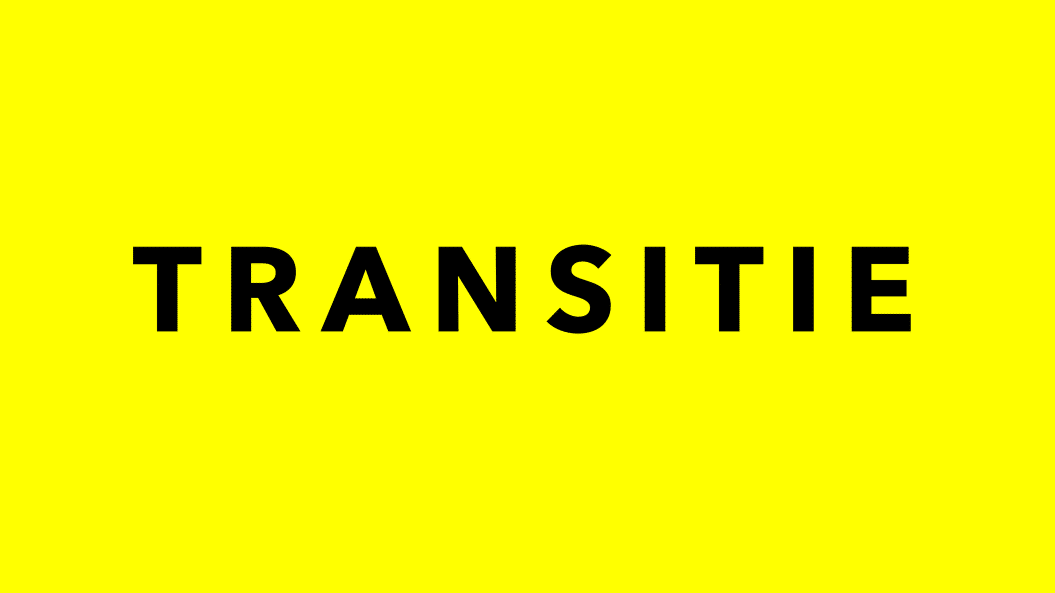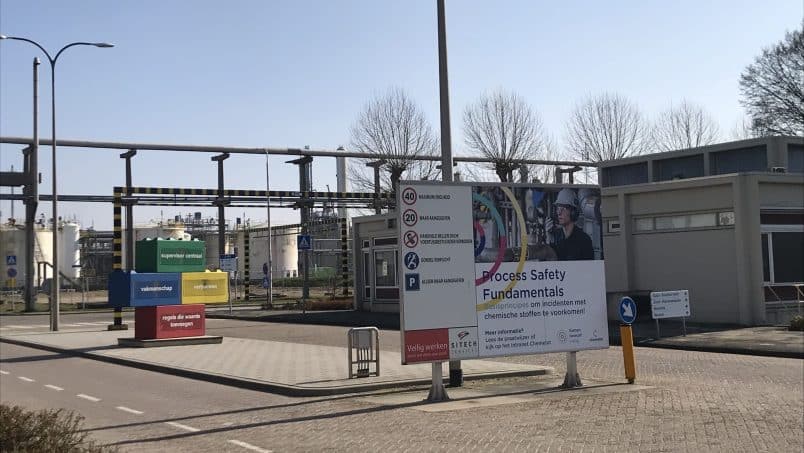Working together on transitions and safety: an experimental project using systemic co-design
The Dutch (chemical) industry is working hard on innovations for a sustainable, safe, circular and climate-neutral society. These innovation processes entail new safety risks. Stakeholders such as local residents, employees, suppliers to companies and regulators are important parties that make these innovation processes possible. New ways of collaborating and sharing knowledge about safety and insecurity between industry employees, local residents, visitors and/or regulators can accelerate progress and thus have an impact, both socially and economically. This is the core of multiple value creation and social earning capacity. Safety Delta Netherlands (SDN) and the programme team of the KIA Social Earnings Capacity (KIA MV) have commissioned an experimental project on new forms of participation and knowledge sharing, the results of which will be published shortly. In the experimental project, universities of applied sciences and industry worked together to identify (new) instruments for transitions and innovations in the chemical industry, and how systemic co-design in particular can make a concrete contribution to cooperation between companies and their stakeholders on safety issues. The results of this experiment, such as concrete tools in the form of a toolkit, will be published shortly.
In this first project of the Systemic Co-design Expertise Network (ESC), we are building on the expertise gained in, among other things, the Future-Proof Retail project of the Innovation Networks research group and the EU H2020 SIScode project of the Societal Impact Design research group. Here, we developed a process model for innovation with labs and an empathetic co-design canvas.
In a pop-up living lab environment, we are working with companies in a single chemical cluster, Chemelot, to test how these potential components of a Systemic Co-Design methodology can contribute to the site’s safety culture. We will then develop a toolkit for Chemelot, which can also be deployed and tested at other chemical industrial sites elsewhere in the Netherlands.

